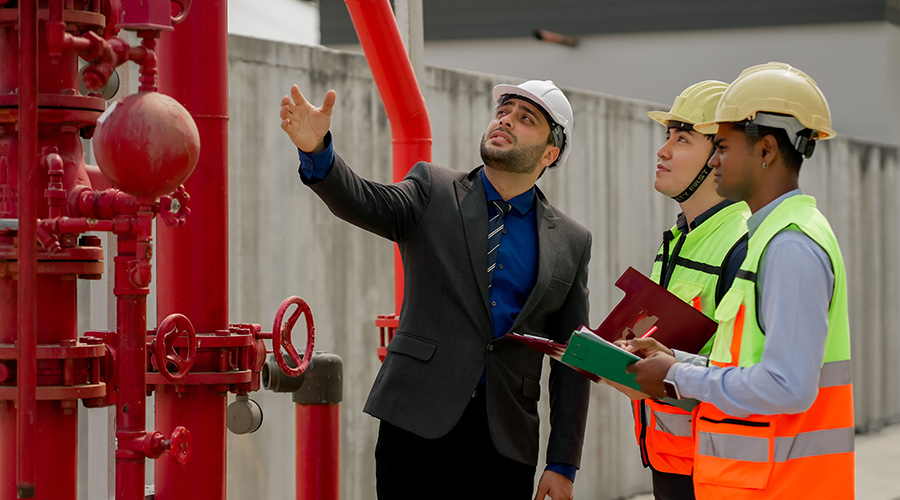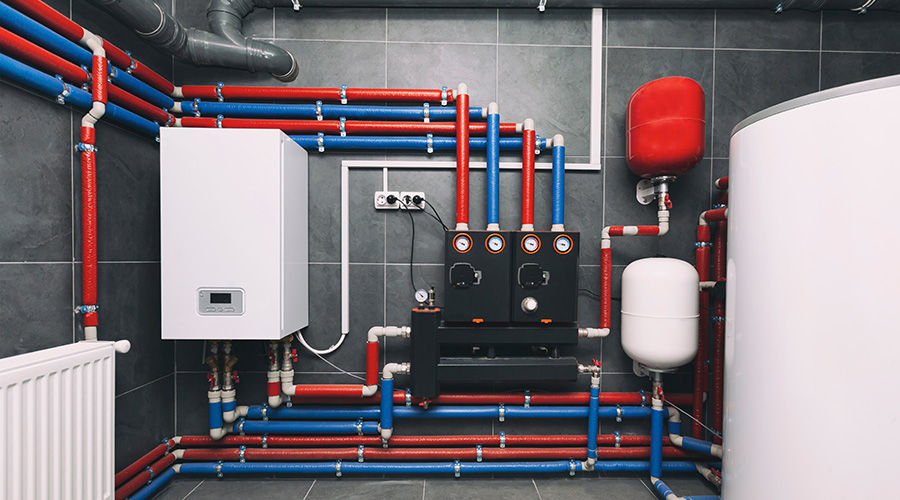Portable Cooling for Critical Operations: Rent or Buy?
All of the planning that must take place before a cooling outage is of little value if the equipment the application requires is not available quickly when the outage occurs. It is too late to go shopping for portable cooling units when the system is down.
Depending on the needs of the facility, the frequency of anticipated outages, the expected duration of those outages, and the consequences of the outage, managers can choose to either buy or rent the needed portable-cooling systems.
Buying systems ahead of time offers the advantage of having the units readily available when needed. Managers can store a number of units of the most likely capacities and configurations on site and rapidly move them into position when needed. Having units on site also makes them available for use in applications where supplemental cooling is required for special events or activities but no cooling system exists or the existing system is inadequate.
In applications involving larger systems or highly specialized units — particularly if their use is not frequent — it makes more financial sense to rent than to buy. But managers cannot wait to rent when an outage occurs. Rental contracts must be in place ahead of time that specify the capacity and features of the system, as well as the response time for the vendor. When evaluating vendor options, it is critical that managers evaluate the vendor's ability to deliver, install, operate, maintain, and remove the unit.
Facilities are in a constant state of flux. As changes occur in operations and the spaces themselves, cooling requirements also will change. To keep the portable cooling plan up to date, managers need to re-evaluate facilities regularly. The best time to do so is when making changes to an area.
But even then, all spaces are subject to cooling-load creep with the addition of new equipment and activities. To avoid the undersizing of temporary cooling equipment, managers should survey all spaces annually and update the cooling plan.
James Piper, P.E., is a national consultant based in Bowie, Md. He has more than 25 years of experience with facilities maintenance and management issues.
Related Topics:














